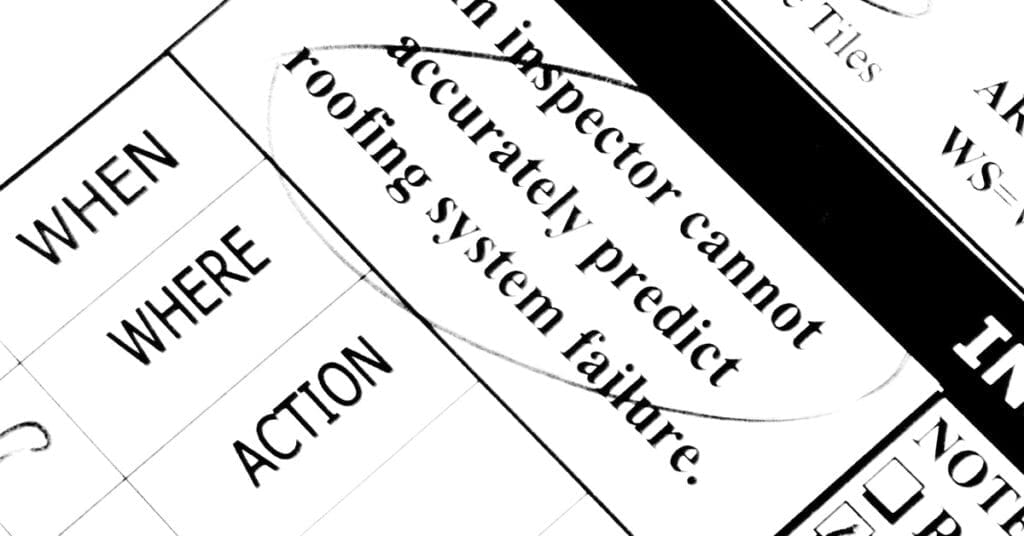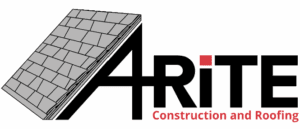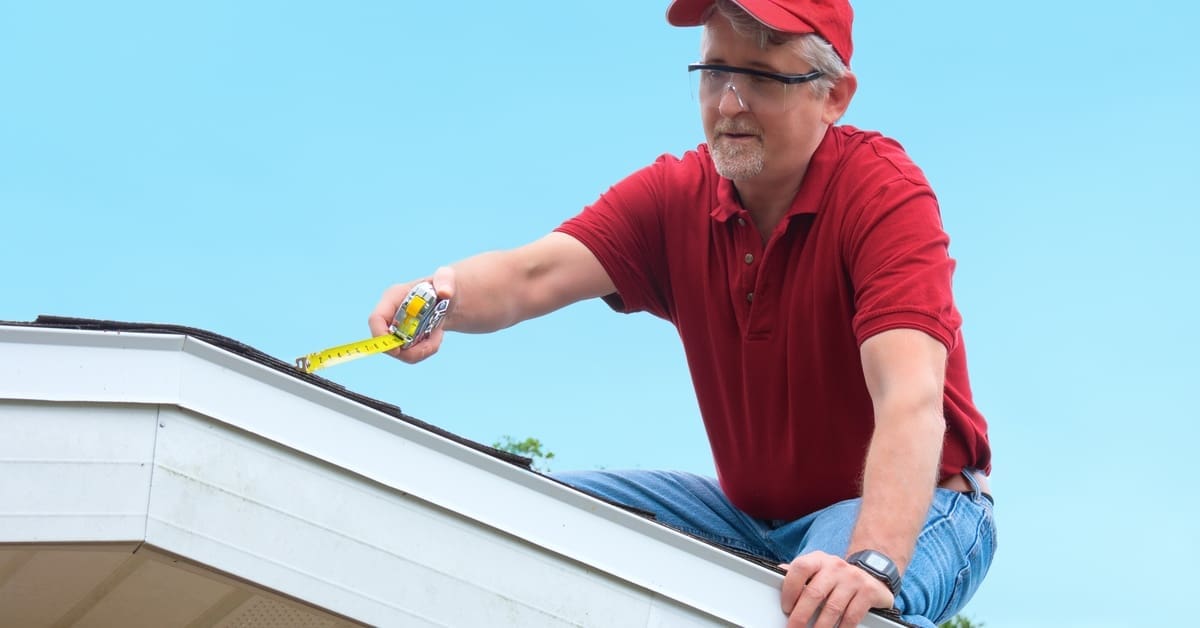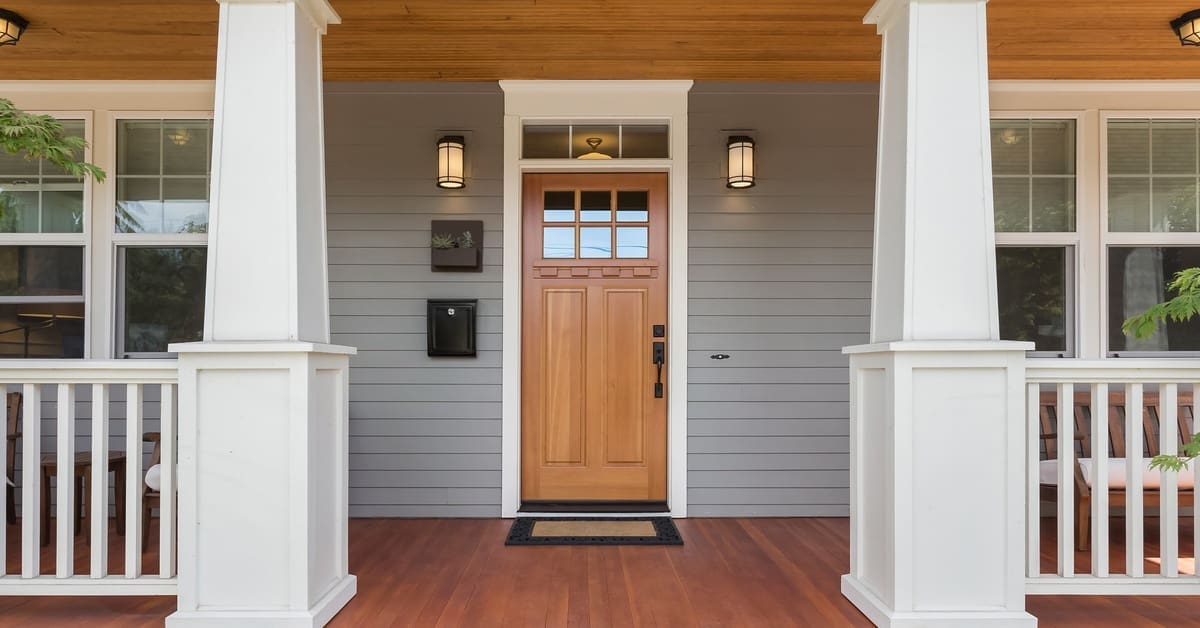When it comes to roof repairs, there’s more at stake than just stopping leaks. Building codes exist for a reason; they ensure that installers place every shingle, flashing, and nail correctly to protect the property and the home’s inhabitants.
The importance of building code compliance for roof repairs extends beyond mere paperwork. It’s the difference between a quick fix and a long-term solution. Let’s explore how following these codes protects your home and why cutting corners isn’t worth the risk.
Who Creates Building Codes
Contrary to popular belief, local contractors don’t invent rules to make projects difficult. National and international organizations develop building codes, including the International Code Council (ICC) which publishes the International Building Code (IBC).
Extensive research into structural performance, material science, climate trends, and real-world failure data guides construction codes. Local jurisdictions then adopt and adapt these standards to suit regional needs. For instance, there are snow load guidelines in Wisconsin that the state of Arizona doesn’t need to implement because of the differing weather conditions.
When local officials adopt or modify codes, they’re doing so with input from engineers, building scientists, and public safety experts. That’s why codes aren’t arbitrary; they’re data-backed, regionally informed, and built around risk mitigation.
Building Codes Narrow Your Options
Some homeowners are surprised to learn that local codes may eliminate certain materials or installation techniques from consideration. At first glance, this might feel limiting. In reality, it’s a form of quality control.
For example, if local codes prohibit a specific type of shingle, it’s because that material showcases poor performance in a region’s conditions. Some factors could be freeze-thaw cycles, wind resistance, or fire safety.
This filtering process saves homeowners from the trial-and-error process. By working with approved materials and methods, property holders can choose from products that already passed the inspection requirements. It also streamlines the decision-making process and reduces the risk of expensive, noncompliant installations.
Code Violations Can Void Warranties
Many manufacturers require compliance with local building codes as a condition for warranty coverage. If a contractor fails to meet the measures, manufacturers may refuse to honor warranties on roofing materials or workmanship.
This means homeowners could be left responsible to fund repairs or replacements. Ensuring that roof repairs comply with proper codes protects homeowners’ investments.
Failed Inspections Lead to Delays
Building code compliance is enforced through inspections. When a roof repair or installation fails an inspection, work must stop until the team corrects the issue. Builders may have to tear out completed work, order new materials, or redo installations, all of which extend timelines.
Delays not only disrupt schedules but also incur additional expenses. Contractors may charge additional fees for rework. Not to mention, the delay can stall other renovation activities altogether.

Insurance Claims May Be Denied
Failing to comply with building codes during roof repairs can jeopardize insurance claims. Insurance providers require that repairs meet all applicable codes before approving coverage for damage or loss.
If a roof repair occurred without adhering to code standards, insurers may deny claims related to that repair. Homeowners are financially responsible for damages that could have otherwise been covered.
Safety Risks Increase Exponentially
Regulations exist primarily to ensure people’s safety. When roof repairs don’t follow protocols, the home’s roof can suffer from dangerous conditions such as structural weaknesses, improper drainage, and fire hazards.
Overlooking these safety measures puts residents and the property at risk. A roof repaired up to code will be structurally and minimize the risks of damage from storms, water, wind, and other threats.
Noncompliance Hurts the Property’s Resale Value
If a home’s roof repair isn’t up to code, it significantly impacts the home’s resale value. Prospective buyers and home inspectors will scrutinize roofing work for compliance, and visible violations can lower a property’s marketability.
Additionally, noncompliant repairs may trigger costly remediation demands during the sale process. Keeping repairs within code ensures a home retains its value and appeals to future buyers without additional obstacles.

Energy Efficiency and Long-Term Savings Benefits
Building codes can include requirements related to energy efficiency, such as insulation, ventilation, and roofing materials. Moreover, roofs installed to code tend to have longer lifespans, minimizing the need for early replacements or repairs. For homeowners, this means complying with roofing standards can translate into long-term savings and improved home value.
Signs Your Roof Meets Code Requirements
Most homeowners don’t have the time—or interest—to memorize local roofing codes. That’s understandable. However, it’s still important to know whether a roof meets current standards.
Warning signs like mismatched shingle layers, improper flashing, or nonexistent ventilation systems commonly indicate incorrect installations and repairs. Similarly, amateur repairs that skip permits or inspections can be problematic.
The best way to comply with building standards is to hire a certified contractor with experience navigating your local ordinances. A GAF Master Elite roofing contractor will not only install to code but will also spot past mistakes that could cause problems down the line.
Roofing Code Enforcement Explained
While code development occurs in conference rooms and technical committees, enforcement takes place on the ground. In most cases, municipal building departments or local code enforcement officers are responsible for ensuring roofing work meets current requirements.
Enforcement officers may inspect during various stages of a project, including after the installation of the underlayment and laying down the final set of shingles. Inspectors aren’t just looking for obvious shortcuts; they verify that the installation methods and materials align with the current codes in your region.
They also confirm the accuracy of permits and ensure that all components—from roof flashing to fasteners—comply with the specified requirements. Their job is to keep your home safe.
The Importance of Hiring Certified Professionals
Understanding the importance of building code compliance for roof repairs is crucial to protect your investment, ensure safety, and maintain your home’s value. Navigating the complex regulations and requirements can feel overwhelming, but working with experienced professionals ensures that a roofing project meets all necessary standards.
Licensing is a commitment to following building codes and conducting work that meets legal and safety requirements. When homeowners hire unlicensed contractors who disregard code requirements, they assume the risk.
Verify that the contractor has a license. If a roof fails inspection or causes problems during a home sale, there may be little legal recourse if they don’t have this accreditation. With a licensed contractor, homeowners have more legal protection. Plus, the contractor has a vested interest in completing the job correctly to maintain their licensing status.
A-Rite Construction, a trusted roofing contractor in Wausau, Wisconsin, provides expert guidance and high-quality workmanship to ensure your roof remains compliant and durable. Whether you need inspections, repairs, or installations, we deliver exceptional work throughout the process that will give you peace of mind.
For reliable, code-compliant roofing solutions in Wausau, trust A-Rite Construction to get the job done right the first time.




